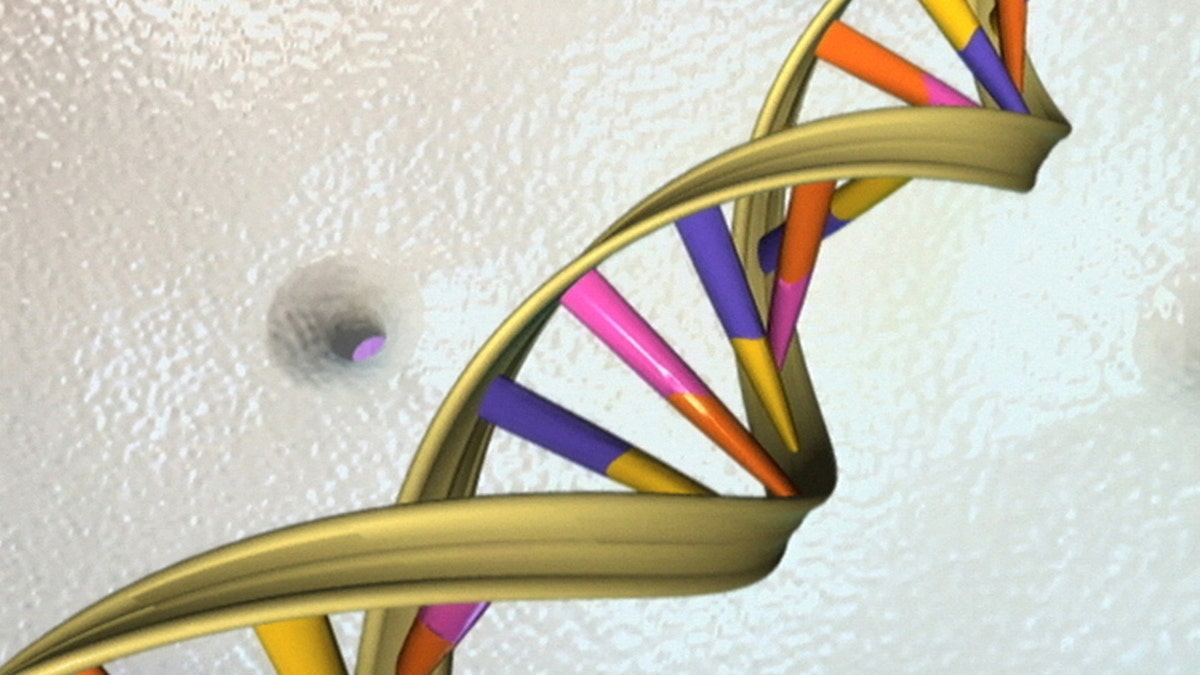
The All of Us Research Program is a longitudinal cohort study that aims to enroll at least one million individuals across the USA. The program has already collected genetic data from 245,000 clinical-grade genome sequences and identified more than 275 million never-before seen DNA variants. These variants are located in areas that may be tied to disease risk and could explain why some people are more prone to certain diseases than others. The program is unique in its diversity as 76% of participants come from communities historically underrepresented in biomedical research, including African Americans, Hispanic/Latinx individuals, Native Hawaiians/Other Pacific Islanders and Asian Americans. This study has the potential to accelerate biomedical research and improve human health by providing a comprehensive understanding of genetic influences on disease risk.




